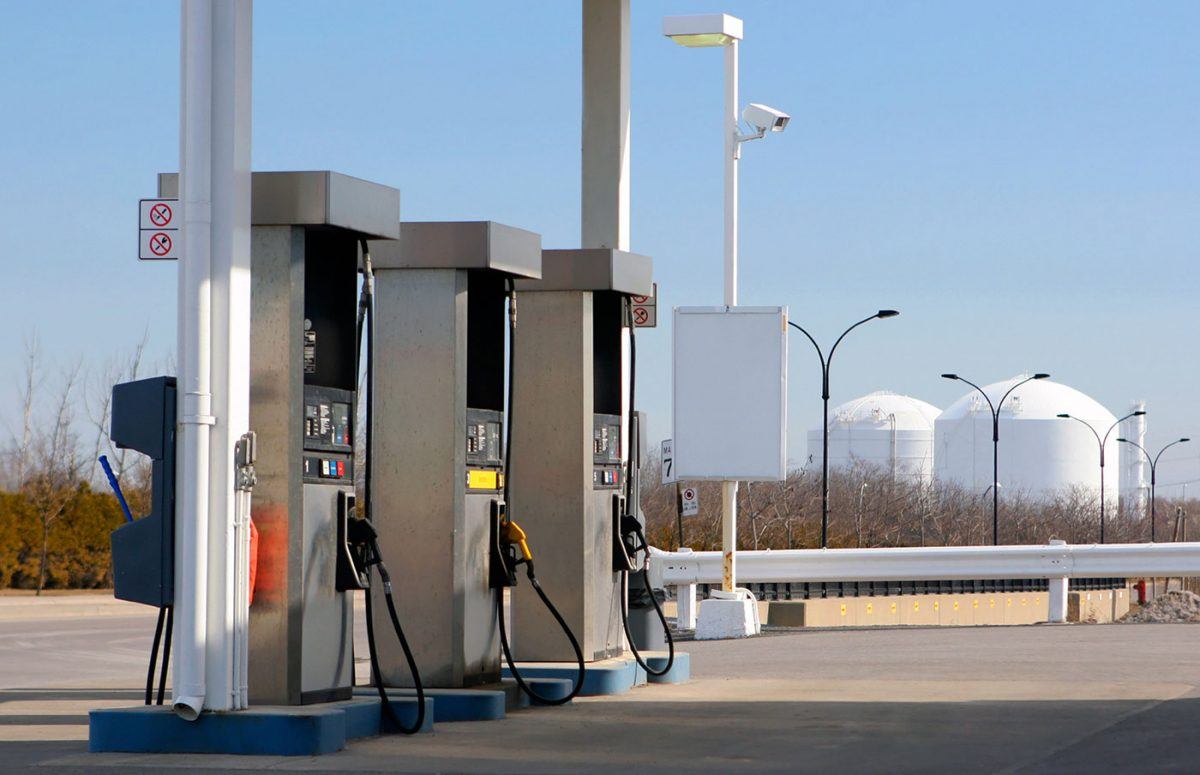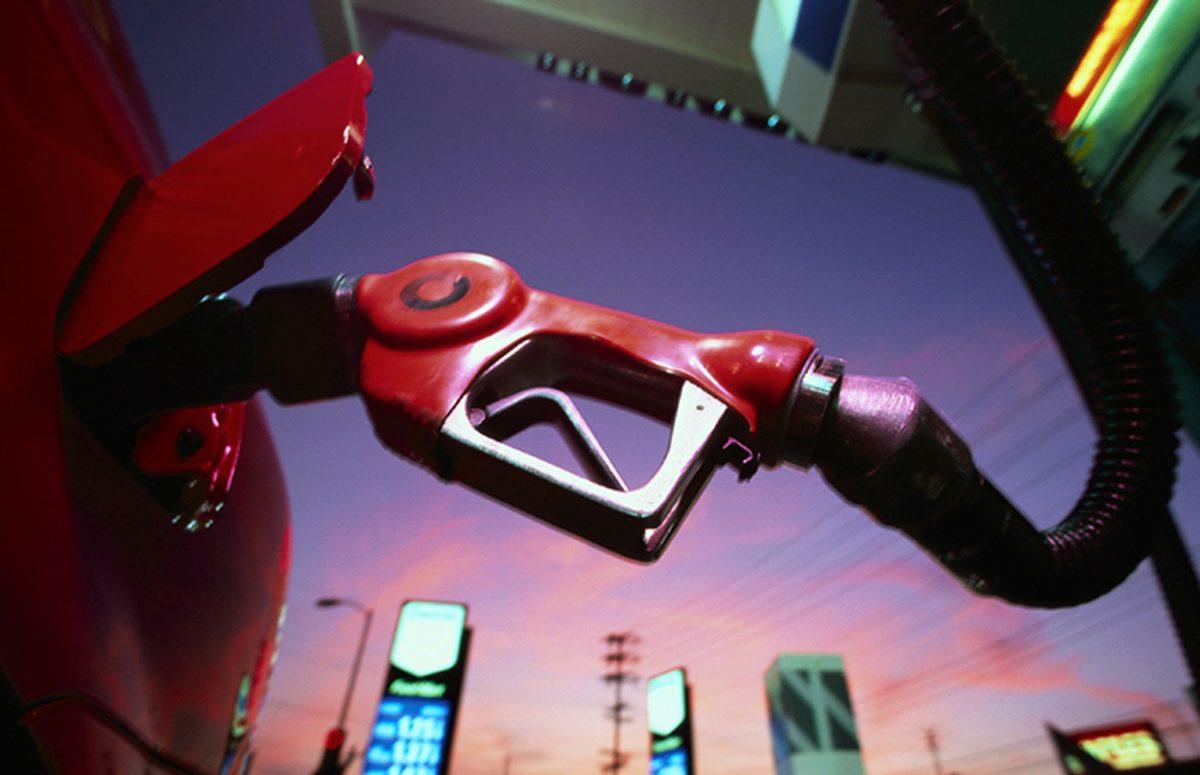By: Ken Dixon | Stamford Advocate
HARTFORD, CT — Hundreds of Connecticut gasoline dealers may be in jeopardy of closing this fall because lawmakers and state officials recently revised the procedures used to clean up leaks around underground tanks, dealers say.
Many independent gas station owners, such as Larry Ancker of Norwalk, said they may not be able to obtain insurance coverage and will either have to raise prices or consider closing after Oct. 1.
“This is what we’ve been dreading,” said Ancker, who owns the West Rocks Shell station on Norwalk’s Main Avenue, as well as the Bridge Garage in the Saugatuck section of Westport. “We’re all being screwed by the Legislature and the DEEP (Department of Energy and Environmental Protection) because they cannot control their spending.”
Dealers said they got another blow Thursday when the Independent Connecticut Petroleum Association (ICPA) announced that a major tank insurer is leaving the market at a time when the Connecticut Commercial Tank Fund has accumulated $100 million in unpaid cleanup expenses.
“If gas stations cannot buy insurance — then under federal law they cannot legally operate and will need to close,” said Gene Guilford, president of the ICPA. “We warned Connecticut DEEP and the General Assembly of this, and the temporary repair enacted during the special session will now have to be regarded as a down payment on what is clearly a far larger problem with UST (Underground Storage Tanks) to be revisited in January with the new General Assembly.”
But Dennis Schain, spokesman for the DEEP, said Thursday that the planned departure of Zurich American Insurance from the U.S. market should not concern state dealers.
“There is a competitive and robust market for UST coverage with several active players,” he said. “We have talked to several companies who provide this type of coverage and we are confident that station owners in Connecticut will be able to secure it.”
He also said the newly enacted legislation took into consideration the plight of small businesses and gives them up to five years to find private insurance and submit final claims. The larger, multi-national outlets can afford coverage for possible spills and clean up.
“It is unfortunate that some people continue to advocate for a taxpayer-supported government fund to pay claims for private businesses,” Schain said. “Our energies would be better spent by having all parties to this issue working together to implement Connecticut’s new legislation and assisting Connecticut’s station operators in making the transition to private insurance coverage.”
House Minority Leader Lawrence Cafero, R-Norwalk, who opposed the legislation during the June 12 special session, said, “I appreciate the DEEP commissioner’s optimism, but many independent gas stations can’t fund remediation by themselves. If the commissioner misses his hunch and other insurers don’t come in, we’re going to lose between 250 and 400 gas stations.”
Michael J. Fox, president of the Gasoline and Automotive Services Dealers of America, Inc., said that unless the Legislature revises its bill next year, insurance may be “impossible” for small dealers to obtain insurance when the tank program ends September 30.
Most of the 1,200 dealers are locally owned, with only about 100 split among Cumberland Farms, Hess and Sunoco after Exxon Mobil divested its individual dealers.
Fox said the vast majority of gas stations have had or will have some kind of gas-related contamination that needs to be cleaned up. The average award from the existing fund is about $142,000 per incident to clean the site and take contaminated soil to a federally approved facility.
The Legislature on June 12 voted to disband the volunteer board that has administered the 23-year-old tank fund. The General Assembly in recent years has also raided the annual $340 million in revenue generated by one of the state’s gasoline taxes, leaving $36 million to pay claims. Fox says most claims will be paid at 35 cents on the dollar.
For Ancker, who has a $1.7 million mortgage on his Norwalk station, his insurance currently costs $325 a year because of the state’s underground tank fund.
“I can’t tell you today if there is going to be insurance available,” he said. “Obviously the only people who can afford to stay in business are all the major distributors, and if they’re the only ones in business there won’t be competition. We’re all in jeopardy of losing our businesses. The state is a bunch of crooks.”






